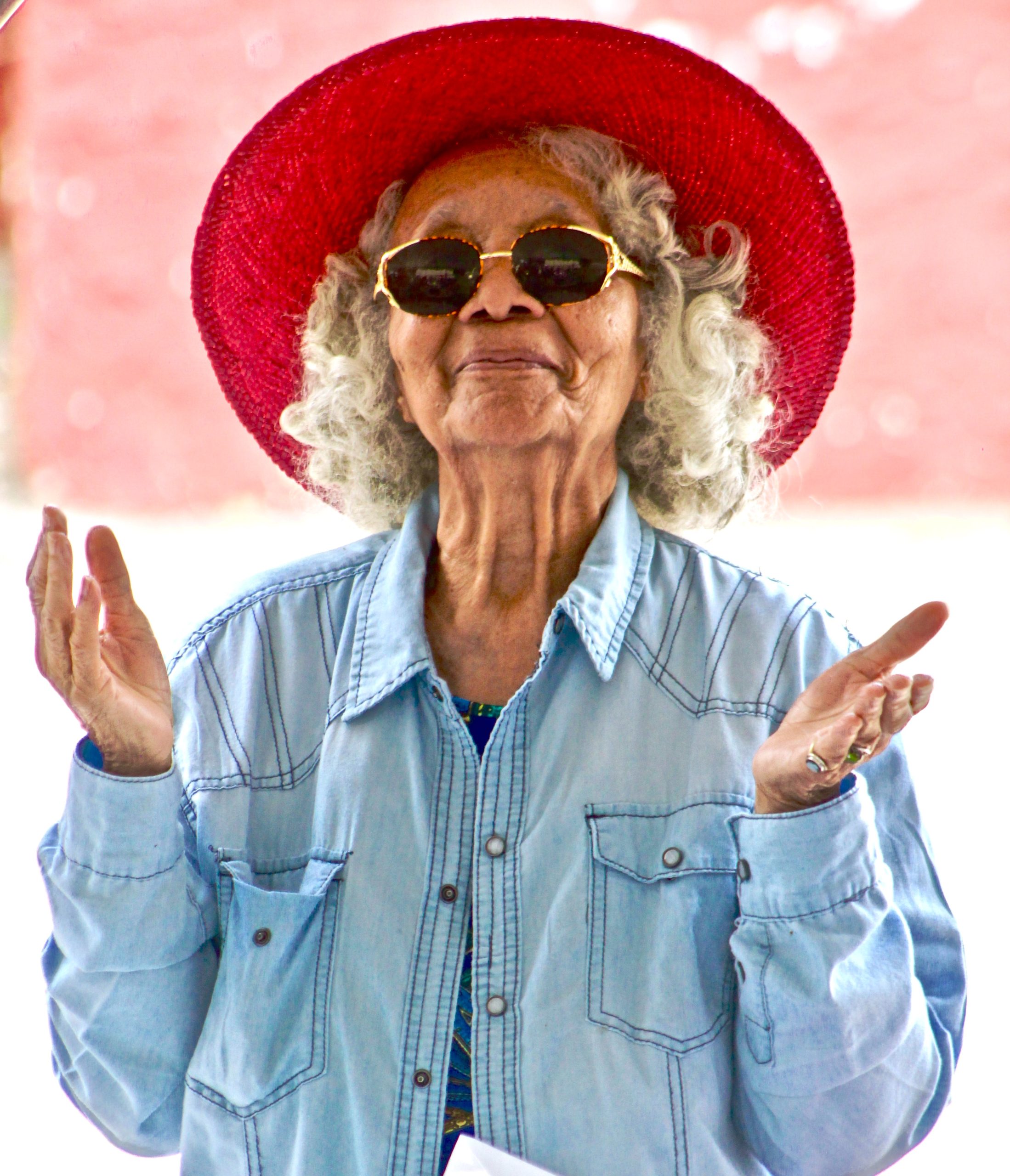The Role of Caregivers in Ensuring Proper Nutrition for Seniors

The image is not directly related to the article. It merely symbolizes the life of elderly people.
As people age, their nutritional requirements change. Seniors need a balanced diet to maintain their health and prevent chronic conditions such as heart disease, diabetes, and osteoporosis. However, many seniors face challenges that make it difficult for them to access or prepare nutritious food. Caregivers play a critical role in ensuring that seniors get the nutrition they need to stay healthy.
One of the biggest challenges that seniors face when it comes to nutrition is access to healthy food. Many seniors live in food deserts, areas where there is limited access to fresh, healthy food. Others may have mobility issues that make it difficult to get to the grocery store or prepare meals. Caregivers can help by taking seniors to the grocery store or preparing healthy meals for them.
Another common issue that seniors face is a loss of appetite or difficulty swallowing. This can be caused by a variety of factors, including medication side effects, dental problems, or cognitive decline. Caregivers can help by preparing nutrient-dense foods that are easy to swallow, such as smoothies, soups, and purees. They can also encourage seniors to eat by making mealtime a social activity and providing positive reinforcement.
Caregivers can also help seniors with chronic conditions manage their diet. For example, seniors with diabetes need to monitor their blood sugar levels and avoid foods that can cause spikes. Caregivers can work with seniors and their healthcare providers to develop a meal plan that meets their nutritional needs and fits their lifestyle.
In addition to helping seniors with their physical health, caregivers can also support their emotional well-being. Many seniors struggle with depression or loneliness, which can lead to a loss of appetite or poor nutrition. Caregivers can help by providing companionship and engaging seniors in activities that promote socialization and mental stimulation. They can also encourage seniors to try new foods and recipes to make mealtime more enjoyable.
In conclusion, caregivers play a crucial role in ensuring that seniors get the nutrition they need to stay healthy. By addressing barriers to access, preparing healthy meals, managing chronic conditions, and supporting emotional well-being, caregivers can help seniors maintain their independence and quality of life. If you are a caregiver for a senior, consider working with their healthcare provider to develop a nutrition plan that meets their unique needs.
The image is not directly related to the article. It merely symbolizes the life of elderly people. As people age, their nutritional requirements change. Seniors need a balanced diet to maintain their health and prevent chronic conditions such as heart disease, diabetes, and osteoporosis. However, many seniors face challenges that make it difficult for them…
Recent Posts
- Empowering Caregivers: The Best Online and Offline Resources to Enhance Your Skills
- Traveling with a Purpose: The Rise of Volunteer Vacations
- Breaking Stigma: Dispelling Myths about Mobility Aids and Disability
- Avoiding Probate: How Trusts Can Simplify the Estate Settlement Process
- Senior Citizens Beware: Common Financial Scams and How to Stay Protected

